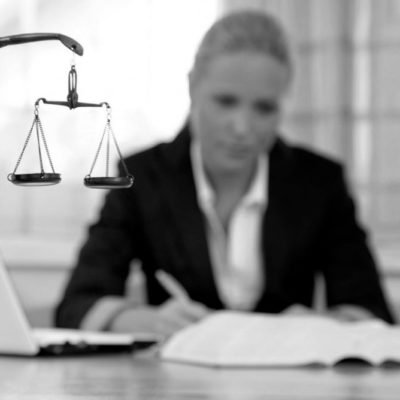
Risk and Avoidance of Insolvent Trading during COVID-19 Pandemic
The COVID-19 pandemic has brought financial difficulties to Australian business due to reduced customers, reduced trade, and hence reduced income. In this context, it is imperative for company directors to keep track of the company’s balance sheet and business activities to avoid ‘insolvent trading’, for which they may be personally liable under the Australian Corporations Act 2001 (‘the Act’).
In this article, we will give you an outline of what ‘insolvent trading’ is, its consequences, avoidance, defences and special relief provisions during the pandemic.
What is insolvent trading?
A company is ‘solvent’ if it is able to pay all its debts when they become due and payable. Otherwise, the company is ‘insolvent’.
‘Insolvent trading’ occurs in either circumstance below:
- a company incurs a debt when the company is insolvent; or
- a company becomes insolvent by incurring debt.
A company may incur debt in various ways in the sense of insolvent trading. Apart from incurring debts in the usual sense, it also includes paying a dividend, buying back shares, issuing redeemable preference shares, financially assisting a person to acquire shares etc.
Director has a duty to prevent insolvent trading
A director of a company contravenes the Act if the director fails to prevent the company from insolvent trading when he or she is a director (‘contravening director’). Depending on the circumstances, the contravening director may incur civil or criminal liability.
A director may incur civil liability if the director fails to prevent the company from incurring debt in either of the following circumstances:
- the director is aware that there are grounds for suspecting that the company is insolvent when incurring the debt, or would become insolvent by incurring that debt; or
- a reasonable person in a like position, given the company’s circumstances, would be aware of such grounds for suspecting.
A director may incur criminal liability if:
- the company is insolvent when incurring the debt, or would become insolvent by incurring that debt;
- the director suspects the above, but nonetheless fails to prevent the company from incurring that debt; and
- the director’s failure of prevention was dishonest.
Director’s liability of insolvent trading
A contravening director may face legal actions by the Australian Securities and Investments Commission, the company, liquidators or creditors. The court may make various orders against the contravening director including:
- a compensation order, to compensate the company or the creditor;
- a relinquishment order, for the contravening director to pay to the federal government the benefit obtained by the director by contravening the Act (‘benefits by contravention’); and
- a pecuniary penalty order, for the contravening director to pay a monetary penalty up to 5,000 penalty units (currently $1.05 million) or 3 times the benefits by contravention, whichever is greater.
Where criminal liability is involved, a contravening director may incur up to 5 years of imprisonment to addition to monetary penalties.
Further consequences for the contravening director include:
- if the director is unable to pay for the compensation order, relinquishment order or monetary penalties, the director may be bankrupted; and
- the director’s bankruptcy or criminal conviction may disqualify the director from managing a company.
How to avoid liability of insolvent trading?
A director may avoid liability of insolvent trading if, after starting to suspect that the company is insolvent or may become so, the director starts developing a course of action reasonably likely to give the company a better outcome. A debt incurred when such a course of action is in place might not be taken as a debt leading to insolvent trading (‘contravening debt’).
In this regard, what the director must do include:
- understand the company’s financial position;
- take appropriate steps to prevent misconduct by company officers or employees what could compromise the company’s solvency;
- take appropriate steps to ensure that the company keeps proper financial records;
- take professional advice (by giving the professional sufficient information); and
- develop or implement plans to improve the company’s financial position, such as restructuring.
Furthermore, the director must ensure that the company continues to pay its employees’ entitlements and file tax returns.
Relief of liability of insolvent trading during COVID-19 pandemic
Section 588GAAA of the Act in relation to insolvent trading during COVID-19 took effect from 25 March 2020 for 6 months subject to any regulations. When Section 588GAAA is in effect, a company’s debt is not taken as a contravening debt if it is incurred in the ordinary course of the company’s business.
What defences are available in the event of insolvent trading?
If insolvent trading occurs, a director might rely on the following defences:
- the director had reasonable grounds to expect, and did expect that the company was solvent and would remain solvent by incurring the contravening debt; Please note that such a reasonable ground may include the director’s reasonable belief in another person who is competent and reliable in providing information of the company’s solvency;
- the director did not participate in the management of the company when the contravening debt was incurred, because the direct was ill or for some other good reason; or
- the director took all reasonable steps to prevent the company from incurring the contravening debt.
Please contact our firm for advice specific to your circumstances.
Disclaimer
This publication is general information only and does not purport to provide legal advice. We do not accept responsibility for any losses for reliance upon this publication.
